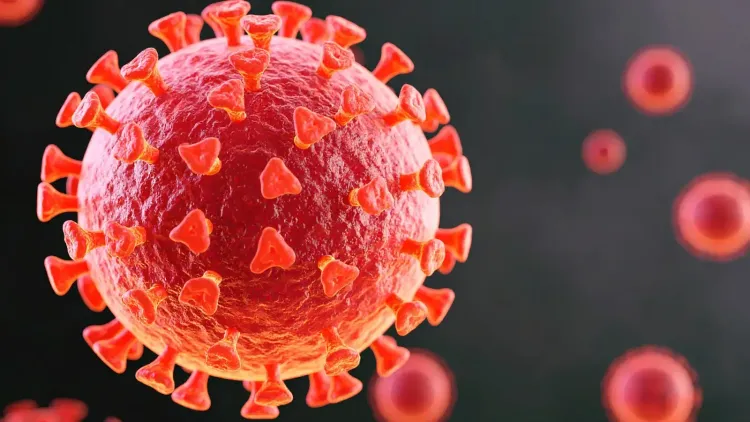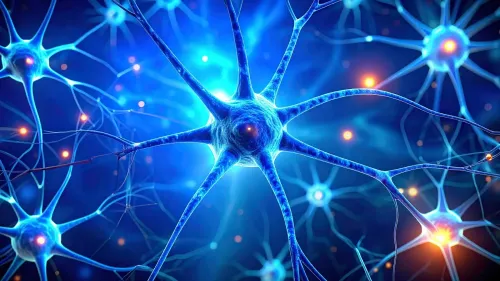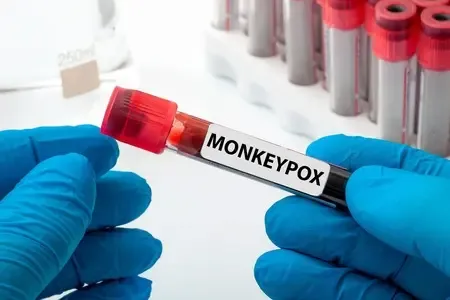Could Covid during pregnancy increase autism and motor disorder risks in kids by age 3?

Synopsis
Key Takeaways
- Covid-19 during pregnancy can increase developmental disorder risks in children.
- Immune activation is linked to disruptions in fetal brain development.
- Higher risk is observed in males, especially during the third trimester.
- Vaccination is crucial for expectant mothers to minimize risks.
- Despite findings, the overall risk remains low.
New Delhi, Nov 1 (NationPress) Children born to mothers who contracted Covid-19 during pregnancy may face a significantly elevated risk of developing developmental disorders, such as speech delays, autism, and motor disorders by the age of 3, as revealed by recent research.
Researchers from Mass General Brigham in the US suggested that immune activation during pregnancy could disrupt normal fetal brain development.
“These findings underscore that Covid-19, similar to numerous other infections during pregnancy, may pose threats not only to the mother but also to fetal brain development,” stated Andrea Edlow, a specialist in Maternal-Fetal Medicine at Mass General Brigham. The study, published in the journal Obstetrics and Gynecology, analyzed data from 18,124 live births during the peak Covid period from March 2020 to May 2021.
The research team examined 18,124 mother-child pairs. Among the 861 children whose mothers tested positive for SARS-CoV-2 during pregnancy, 140 (16.3 percent) were diagnosed with a neurodevelopmental condition by age 3, compared to 1,680 (9.7 percent) of the 17,263 children born to SARS-CoV-2-negative mothers.
After accounting for other factors, it was found that SARS-CoV-2 infection during pregnancy was linked to a 29 percent increase in the likelihood of neurodevelopmental conditions in children.
The study also revealed that males are at a greater risk than females, with the highest risk occurring when the infection took place in the third trimester.
This research emphasizes the need for preventive measures against Covid during pregnancy, especially as public trust in vaccines—including the Covid-19 vaccine—is declining.
While it’s crucial to mitigate risks, “the overall risk of adverse neurodevelopmental outcomes in exposed children is likely still low,” remarked Roy Perlis, co-senior author from the Mass General Brigham Department of Psychiatry.








